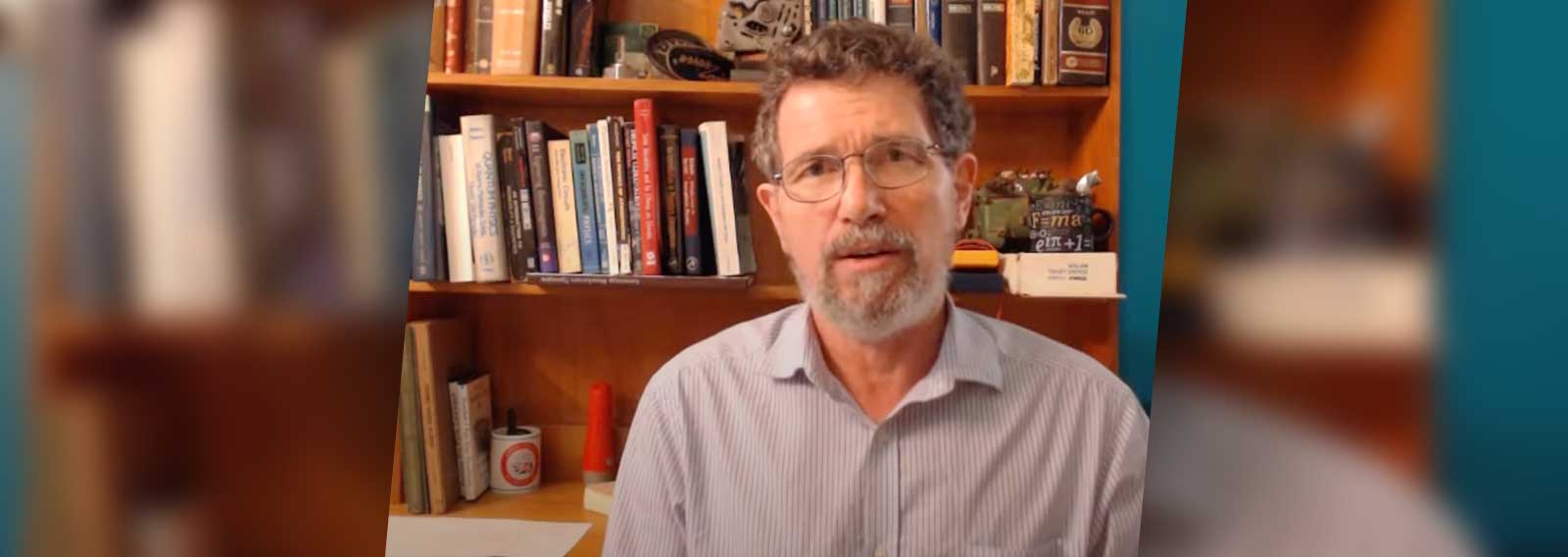Australian marine scientist, Dr. Peter Ridd’s High Court challenge against James Cook University was handed a defeat last Wednesday when the Court upheld JCU’s dismissal of the Great Barrier Reef expert.
Dr. Ridd was sacked from James Cook University after the University claimed he’d breached “codes of conduct” by criticising other scientists for being too “emotional and not objective” enough.
In brief, his big “dismissible offence” was challenging the overreach of Climate Change fanaticism.
Dr. Ridd opposed the hi-jacking of marine science for the purpose of using the Great Barrier Reef as a catalyst to promote apocalyptic climate change propaganda.
Responding to the outcome, Dr. Ridd wrote on his Go Fund Me page, “We lost, in my opinion, because JCU’s work contract, under which I was employed, effectively kills academic freedom of speech – and the contract is effectively the law.”
He added, “JCU actions were technically legal. But it was, in my opinion, never right, proper, decent, moral or in line with public expectations of how a university should behave.”
Dr. Ridd said this was a battle “we had to have” because it shines a light on the problem of “Universities behaving badly.”
This case was the first real fight for academic freedom of speech.
The loss is a setback to countering the march of Cancel Culture authoritarianism throughout Australia’s institutions.
Though the loss looks dismal, Dr. Ridd’s case isn’t a write-off.
John Roskam, Executive Director of the Institute of Public Affairs, has announced, “Dr Ridd’s battle for integrity in science will not end today. The IPA is pleased to announce that Dr Ridd will become a Fellow of the IPA to lead a new research program at the IPA entitled the Project for Real Science.”
Dr. Ridd will be working “without salary” to “improve quality assurance in science, making documentary and educational films.”
In an epilogue written for over 4,700 of his financial supporters via GFM, Dr. Ridd asserted, “We won an epic strategic victory on the principles of academic freedom of speech even though JCU was able to win on a technicality. Important principles were established, and this case was always about principles. So, we lost on some legal technicalities, but won the moral and strategic ground.”
He ended with, “Take heart, this is not over. We did far better than it first appeared – on the principles of free speech at universities. JCU can take no solace from this decision.”





















